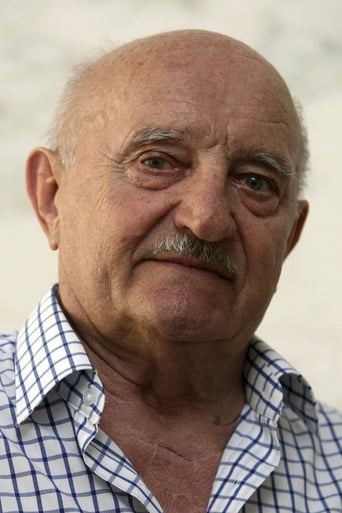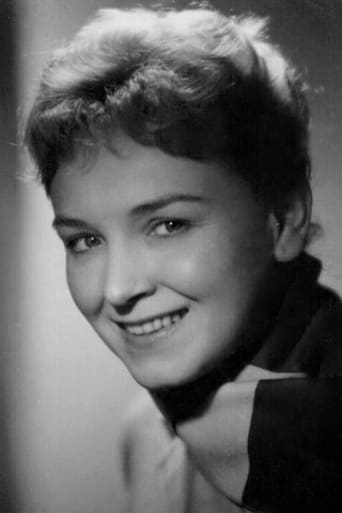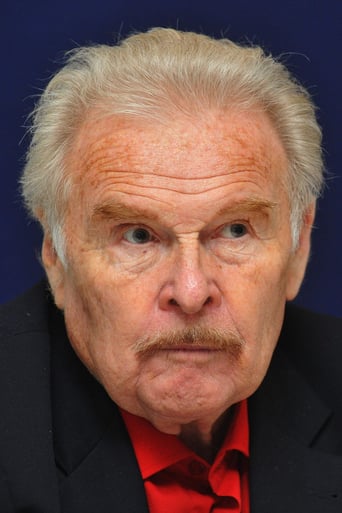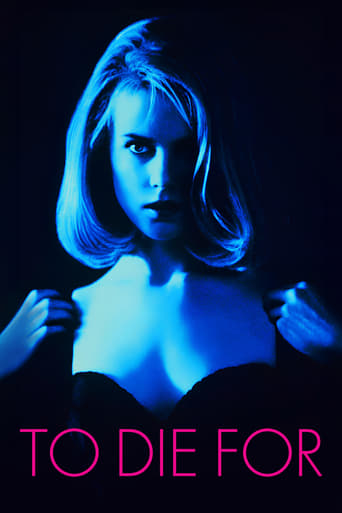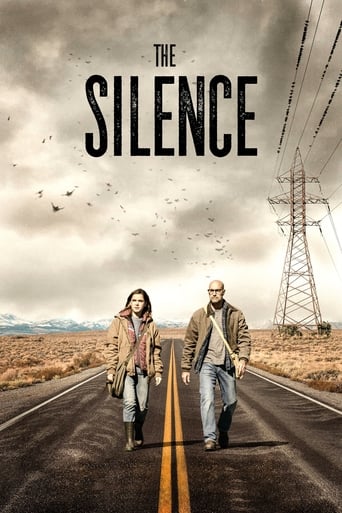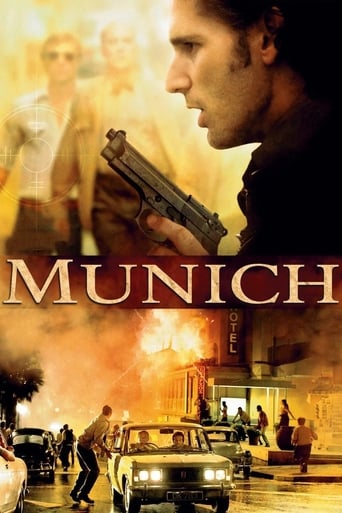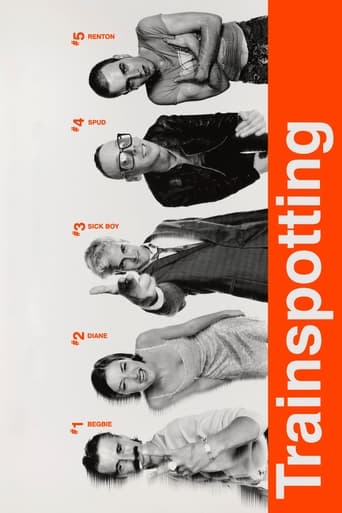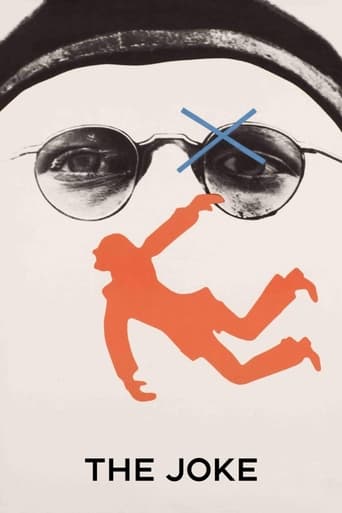
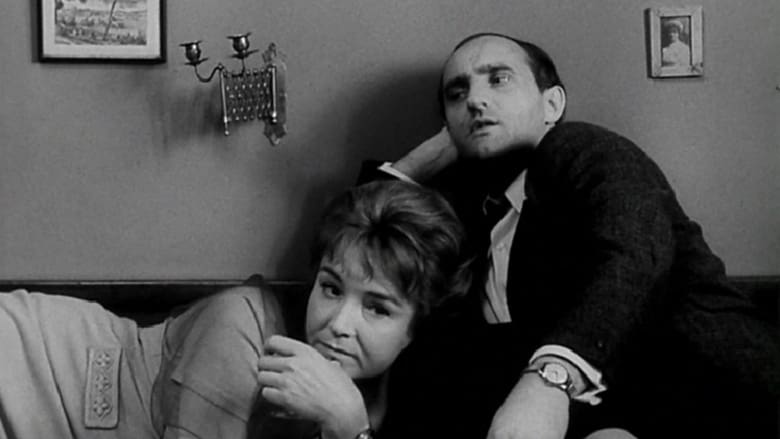
The Joke (1969)
In the 1950s, Ludvik Jahn was expelled from the Communist Party and the University by his fellow students, because of a politically incorrect note he sent to his girlfriend. Fifteen years later, he tries to get his revenge by seducing Helena, the wife of one of his accusers.
Watch Trailer
Cast


Similar titles
Reviews
A vehement indictment of Czech's Communist Party cropping up in the aftermath of Prague Spring and the Warsaw Pact invasion, THE JOKE is the politically engagé Jaromil Jires' sophomore feature, adapted from Milan Kundera's novel and banned immediately after its release, it has been hailed as the last keystone of Czech New Wave movement. Nevertheless, viewed as an independent art piece shorn of its erstwhile political context, it still can hold courts in terms of Jires' nifty visual and editing modality, but at the same time, is severely undermined by several unsavory blemishes, not least its blinkered misogynous treatment. In 1968, a middle-aged scientist Ludvik Jahn (Somr) returns to Prague after almost two decades and gestates a vengeance to his former college schoolmates, who have expelled him from both the college and party due to a facetious "Long Live Trotsky" postcard he sends to his sweetheart Marie (Obermaierová) to cheer her up. The joke recoils badly and Ludvik is sent to "re-education" in the military where sadistic corporeal punishment is subject to those political dissenters. In the face of the film's 20-year-apart past-and-present correlation, Jires adopts an impetuous cross- cutting technique to juxtapose those two time-frames together, often predicating upon the incidents in the present time (a celebration of newborn babies, a music rehearsal of his old band-mates etc.), which evoke Ludvik's memory of tonally diametrical situations, and subjective angle is also craftily applied to give the audience a vantage point of a haphazard-ish narrative. So, Ludvik's half-baked plan is to seduce Helena (Dítetová) ("Why don't you grow a pair?"), the wife of Pavel (Munzar), who is his former friend and treacherously betrays him in the trial of his "joke". His plan works, to our utter incredulity because Somr's Ludvik is the antithesis of his dashing counterpart in Kundera's source novel, a bald, portly, reticent type, inept in his action and disaffected in his cynical gaze, so, the reason why Helena falls for him so hard is a total myth and very much contrived, loneliness maybe, but as a successful TV anchorwoman, she is not shy of suitors, even younger, prettier ones. It is a plain pathetic male wish-fulfillment in establishing Helena as a desperate erotomaniac albeit Dítetová's willed attempts to extract some compassion out of her poorly devised character arc, and overall, the female characters are either a masochistic cougar, a priggish party devotee, or a candy-floss trophy girlfriend, no wonder Ludvik frankly admits that he prefers whores.To shame a man by sleeping with his wife, the stratagem itself is petty, malicious and misogynous to a fault, if Jires' intention is to make Ludvik a miserable reprobate, he has it on a silver platter. A trenchant reproof of an inequitable polity or a pessimistic take on an individual's ingrown corruption? THE JOKE begins as the former but ends up in close proximity of the latter, that is a letdown with a capital L.
Whilst looking for info about the Czech New Wave (CNW) title The Cremator,I stumbled upon another "The" CNW movie that I've not heard of before.Making plans for a month of Czech film viewings,I decided that it was the perfect time to hear the joke.The plot:Returning to his hometown for the first time in years, Ludvík Jahn meets an attracted women called Helena Zemánková.As things heat up between the couple,Jahn discovers that Helena is actually married to his old enemy Pavel,which leads to Ludvik to think about the events which led to him leaving the area.Years earlier:Taken by the appearance of the beautiful (and loyal commie) Markéta,Jahn decides to find out if Markéta can take a joke by sending a satirical Trotsky postcard (!).Showing how much of a joke she can take, Markéta and Jahn's pal Pavel give the postcard over to the secret police,who send Jahn for 6 years of "re-education",which leads to Jahn in the present deciding that it is time he shares a joke with Pavel.View on the film:Banned for 20 years after coming out just after the Warsaw Pact invasion of the country took place,co-writer/(along with Zdenek Bláha & Milan Kundera) delivers a damming indictment against the Soviet Union,by jaggedly counting revolutionary songs being sung with an unflinching eye towards the dehumanisation process taking place in the "re-education" centres.Inspired by Film Noir, Jires locks the rawness of CNW with Film Noir stylisation,which allows the viewer to dig into Jahn fractured mind with extended first person tracking shots the pour out all of Jahn's hidden feelings.Adapting the novel which would lead to its writer (and co- screenwriter) Milan Kundera leaving the country a few years later,the writers brilliantly knot a Film Noir offering of hope with bitter jet-black comedic edges.Given Jahn (played by a terrific Josef Somr) a wry,cynical smile,the writers brilliantly smash the loner Jahn against people with the stubborn belief of defending their cause,no matter how minor/non-existent the issue is. Enchanting Helena (played by an alluring Jana Dítetová) to get his revenge on Pavel,the writers tear open a Film Noir vein with a venomous punchline,as Pavel shares a joke with Jahn.
A movie adaptation that succeeds by remaining true to the novel's theme while telling the story with an exciting new structure and style. As opposed to the novel's use of more conventional flashback passages, in the film the past seems to attack Ludvik Jahn -- played brilliantly by Josef Somr of CLOSELY WATCHED TRAINS -- from all sides, as the past echoes inescapably through the world of the present. It also doesn't hurt, I suppose, that Kundera himself co-wrote the screenplay.
Banned for many years in Czechoslovakia, "The Joke" is centered around Ludvik Jahn, at present some sort of doctor at an ill-defined institute, but in the past (the early Fifties of Klement Gottwald, first Czech communist president) a college student in Prague. Jahn, who could win a Bob Newhart look-alike contest, thinks that the past is over, but gets a rude shock when his old college flame (the baggy Helena) shows up as a radio reporter for an inteview. This meeting reawakens Ludvik's plan of revenge against Helena and her future husband Peter, because Peter began charges of anti-communism against Jahn after Ludvik sent Helena a joke postcard. For this, Ludvik was expelled from college and the communist party and had to serve in a military punishment battalion and a couple years of hard labor. Before this point, all the flashbacks are from Jahn's point of view; after, we get to see our protagonist with more hair as he is pointlessly drilled by sadistic sergents and digs out granite in a quarry. His revenge is simple; cuckold Peter by starting an affair with Helena, then dump her. However, things do not go as planned... Without the political undertones, "Zert" would be a typical example of the "manage a troi" picture Europe was cranking out during the sexual revolution. However, it's a cold film, sterile and controlled from the the first frame to the last, reflecting the social frustrations of the era. Nice monochromatic cineamatography, though.


